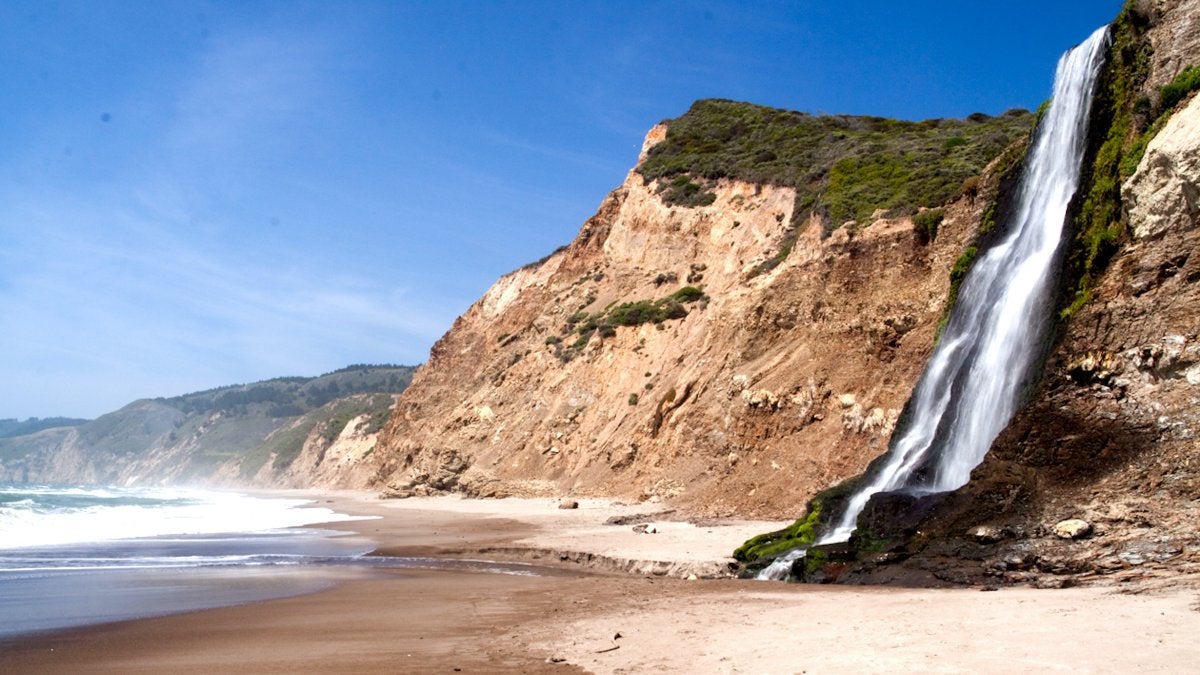No products in the cart.
Outdoor Adventure
Yvon Chouinard Says We Need to Protect Point Reyes
My life has been indescribably enriched by public lands, and one of the most beautiful on earth is fast losing its wildness: Point Reyes National Seashore. Tragically, the very organization charged with protecting Point Reyes, the national park, is hastening its demise.
Located in the densely populated San Francisco Bay Area, Point Reyes is a refuge and wilderness destination for locals and visitors from around the world. An internationally recognized biodiversity hotspot, Point Reyes stretches across thousands of acres of sandy dunes, rocky beaches, coastal grasslands, and expansive marine habitats. It’s home to elephant seals, bobcats, otters, owls, and over 100 rare, threatened, or endangered species of animals and plants. Perhaps most beloved by the park’s 2.2 million annual visitors is the magnificent Tule elk, a species found only in California. Brought back from near-extinction and reintroduced into the park in 1978, they have come to represent all that is splendid and wild at Point Reyes.
If approved, the proposal will turn this national seashore into a national disgrace.
Created in 1962 by Congress and signed into law by President John F. Kennedy, Point Reyes National Seashore—like all of our national parks—was established to “to conserve the scenery and the natural and historic objects and the wildlife therein and to provide for the enjoyment of the same in such manner and by such means as will leave them unimpaired for the enjoyment of future generations,” according to Public Law 87-657.
Fifty-nine years later, that isn’t happening at Point Reyes. Not by a long shot.
For decades, beef and dairy ranching have been allowed on this national treasure through a series of agricultural leases and special permits, despite the environmental consequences: wildlife injuries and deaths, watersheds fouled by manure runoff, and methane-belching cattle that fuel the climate crisis. In addition, 340 miles of barbed wire fences have fragmented habitat, impacted animal crossings, and deterred the general public from exploring nearly a third of their park. Then, late last year, the Trump administration upped the ante and put forth a controversial management plan to cement ranching operations at Point Reyes, giving commercial beef and dairy companies even greater control over a public park and its wildlife. The plan was developed and introduced under the Trump administration, but has been supported by pro-ranch democratic congressman Jared Huffman, who cosponsored a controversial bill (HR-6687) with anti-public-lands congressman Rob Bishop to upend the NEPA process back in 2018. A broad coalition of environmentalists and social justice advocates from around the country are lobbying the new administration to reconsider the path forward for Point Reyes.
The National Park Service’s plan for Point Reyes would further degrade this natural sanctuary by permitting commercial row crops, additional types of farm animals (chickens, hogs, sheep, goats), mobile slaughter facilities, and the killing of native Tule elk to give cattle more grass to eat. All of it subsidized by the American taxpayer.
The decision on the Point Reyes plan is expected in late spring. If approved, the proposal will turn this national seashore into a national disgrace.
I am not alone in my opposition to move forward with a plan that is so indifferent to our biodiversity and climate crises. More than 90 percent of all public comments received by the Park Service opposed the plan, while only two percent supported ranching in the park. Conservation organizations across the country are calling for a halt to the implementation of this egregious plan.
Along with the Biden administration committing to protect 30 percent more of our land and water by 2030, let’s start by righting the wrongs on lands we have already committed to protect and restore for future generations. The great environmentalist and my late, dear friend Huey Johnson said it best: “Parks and cattle don’t mix. The land was bought and generously paid for by the American people. It’s time for the park to truly be a park.”
Yvon Chouinard is the founder of Patagonia and board member of the Resource Renewal Institute.
Lead Photo: Brandon Levinger, Flickr
Source link

